SPECIALTY
SERVICES
At Pure Perio we offer a wide range of specialty procedures to treat gum disease and other oral health conditions requiring surgery. Using minimally invasive techniques, we are able to precisely treat a variety of conditions related to your gums, bone, and teeth. We take great care to make our patients as comfortable as possible before, during and after their procedures.

DENTAL EXTRACTIONS
A dental extraction removes a tooth when it cannot be saved.
Why Are Dental Extractions Necessary?
Dental extractions remove teeth that cannot be saved due to a variety of reasons, including:
Severe tooth decay or infection
Advanced periodontal disease
Compromised tooth with inability to complete root canal
Fractured or damaged tooth from injury
Crowded teeth requiring extraction for orthodontic treatment
Gentle Approach
If tooth extraction is needed, prompt care can protect your oral health and prevent further complications.
We understand that tooth extractions can cause anxiety for patients. Tooth extraction does not have to be a stressful experience. Dr. Ratliff is highly experienced in dental extractions for infected or damaged teeth practicing the most minimally invasive extraction methods when possible to protect your mouth and gums.
What Happens During an Extraction?
We utilize the most advanced dental technology and surgical methods for our dental extraction procedures. Tooth extractions involve x-rays or advanced 3d imaging to evaluate the tooth and surrounding bone structure. The area is numbed with anesthesia to keep patients comfortable. The tooth is then loosened and removed, sometimes requiring sectioning for more complex cases.
After removal, the socket is cleaned, and may be grafted with bone material. Bone grafts help maintain bone volume for future dental implant placement if desired. The main replacement options after extractions are bridges, partial dentures, and dental implants. With proper planning, dental implants can sometimes be placed immediately following the extraction procedure.
After an Extraction:
Follow the instructions for post-operative care. Download our Extraction Post-Operative Guide here.
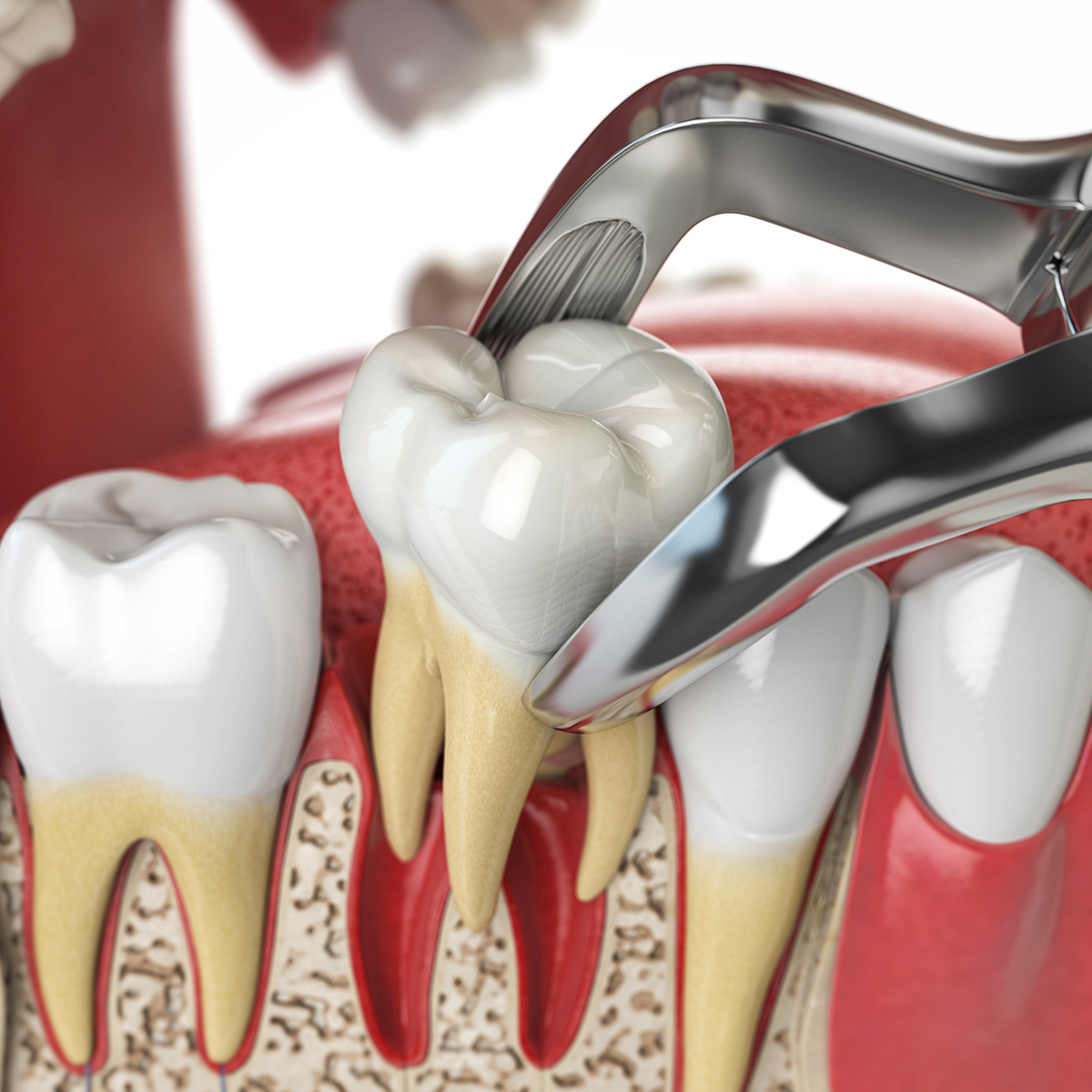
Forceps Extraction
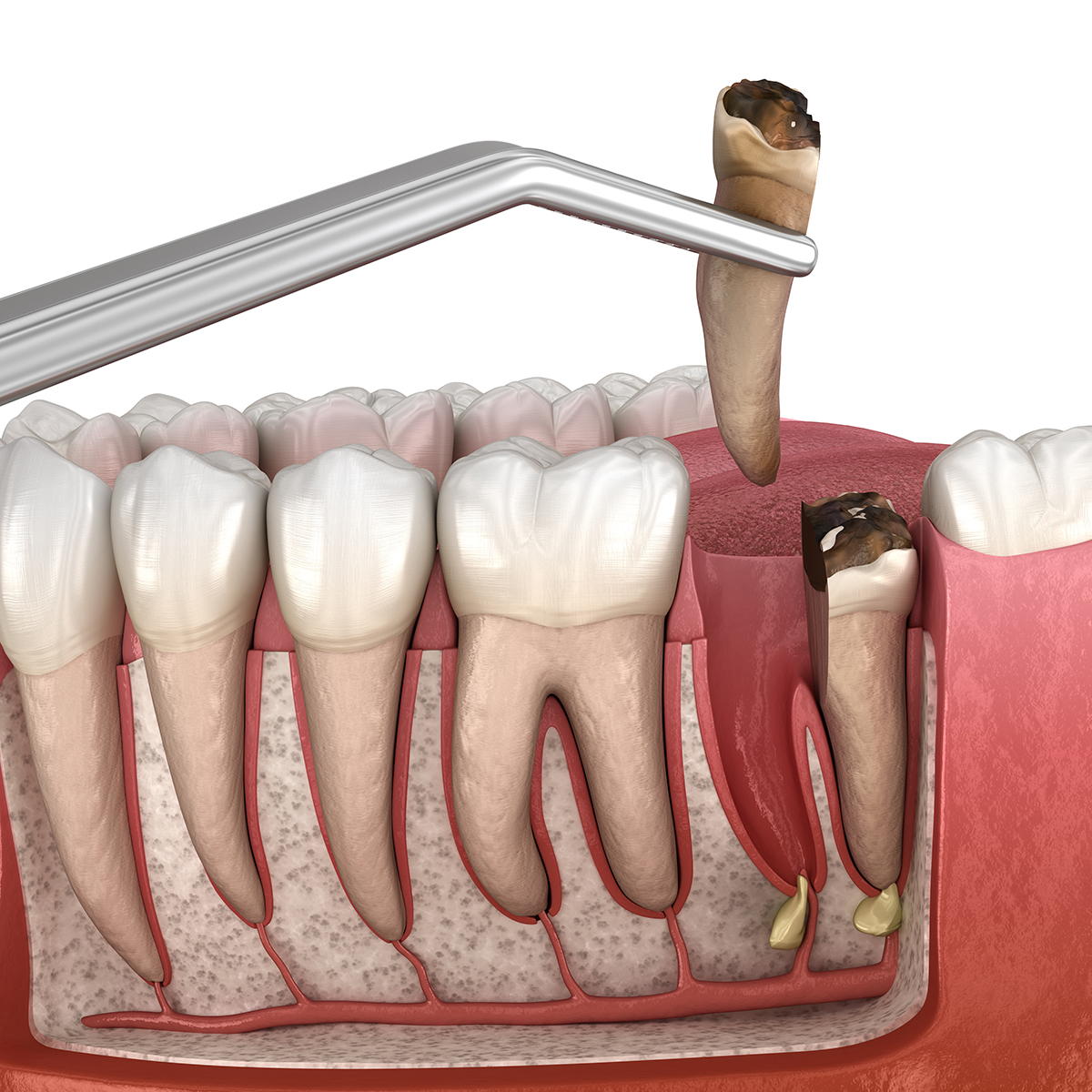
Surgical Sectioning Extraction
BONE GRAFTING
Regenerate lost bone in the jaw.
What is Bone Grafting?
Bone grafting is a surgical procedure that replaces missing bone in your jaw with grafting material. The graft creates a solid foundation which can allow for the placement of implants. We use safe, natural bone grafting material to promote new bone growth in your mouth.
Reasons for Bone Grafting:
Severe gum disease has caused bone loss
Injury or tooth extraction resulting in loss of supporting bone
Insufficient bone for dental implant placement
Genetic defects in bone
The Benefits of Bone Grafting:
Prevents bone loss after extractions
Restores bone loss due to advanced periodontal disease
Provides adequate bone depth and width to support dental implants
Improves implant success rate
Minimally invasive procedures with fast recovery
After a Bone Graft:
Follow the instructions for post-operative care. Download our Bone Grafting Post-Operative Guide here.
Bone Graft Process
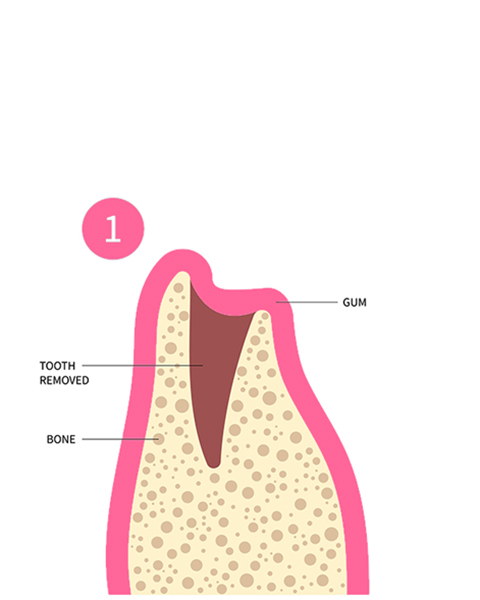
Tooth Extracted
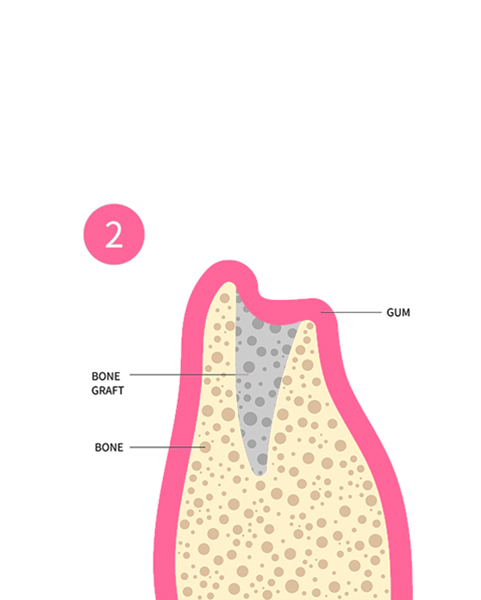
Socket Grafted
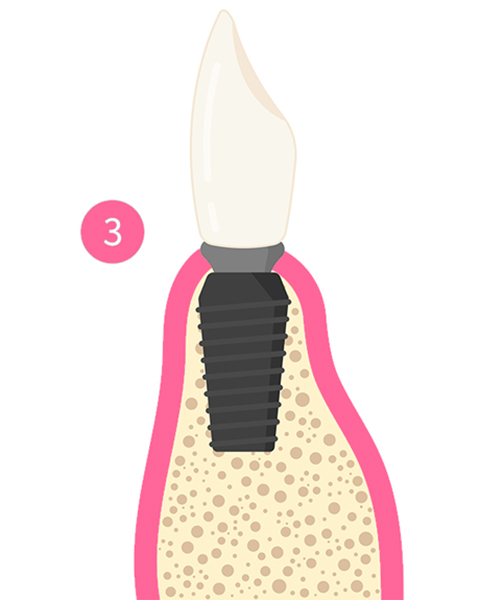
Implant
RIDGE AUGMENTATION
What is a Ridge Augmentation?
A Ridge Augmentation is a procedure that helps to rebuild bone in areas where bone has been lost. The loss of bone can be due to trauma, congenitally missing teeth, or tooth loss. This loss of bone can make it impossible to place dental implants.
Our Augmentation Techniques:
Bone grafting - Using bone harvested from your jaw or a donor
Growth factor enhancement - Stimulating bone growth
The Benefits of a Ridge Augmentation:
Restores your jawbone volume vertically or horizontally to allow for dental implant placement
After a Ridge Augmentation Surgery:
Follow the instructions for post-operative care. Download our Ridge Augmentation Post-Operative Guide here.
Ridge Augmentation Process
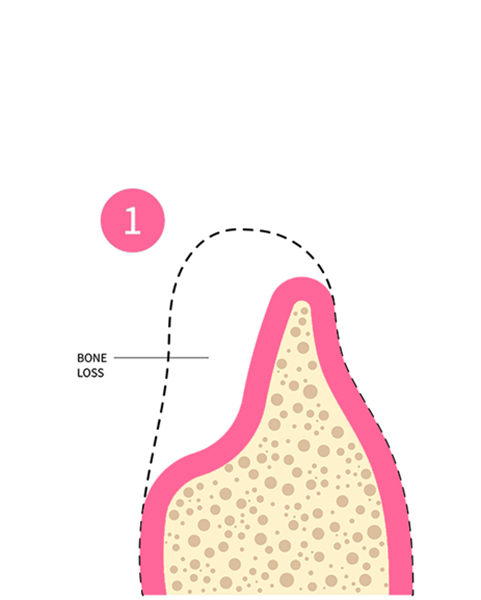
Bone Loss
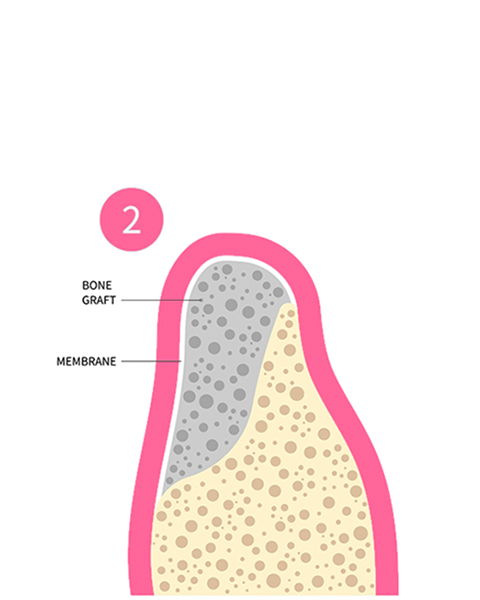
Bone Grafting
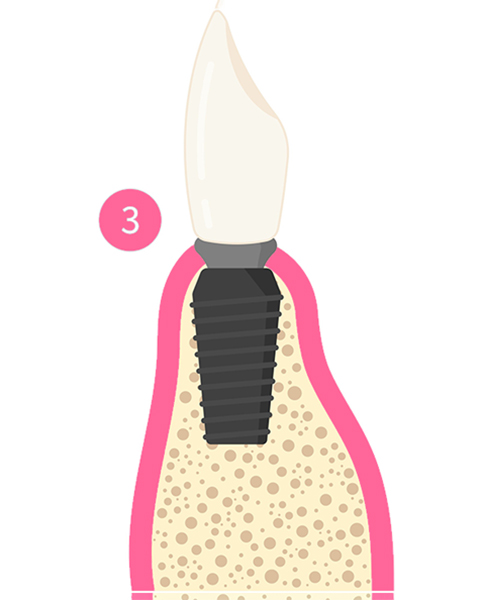
Dental Implant
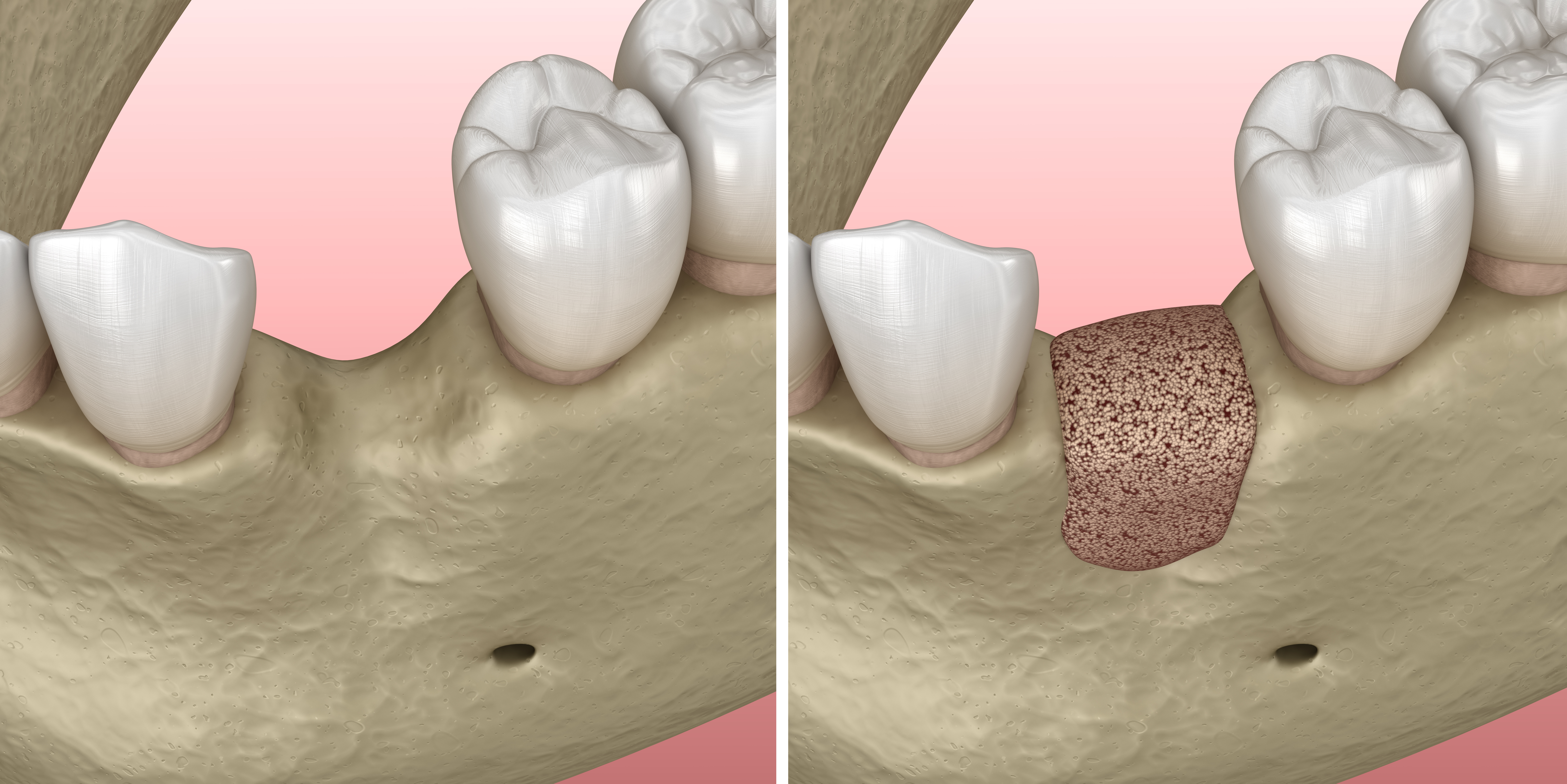
Before and After Ridge Augmentation
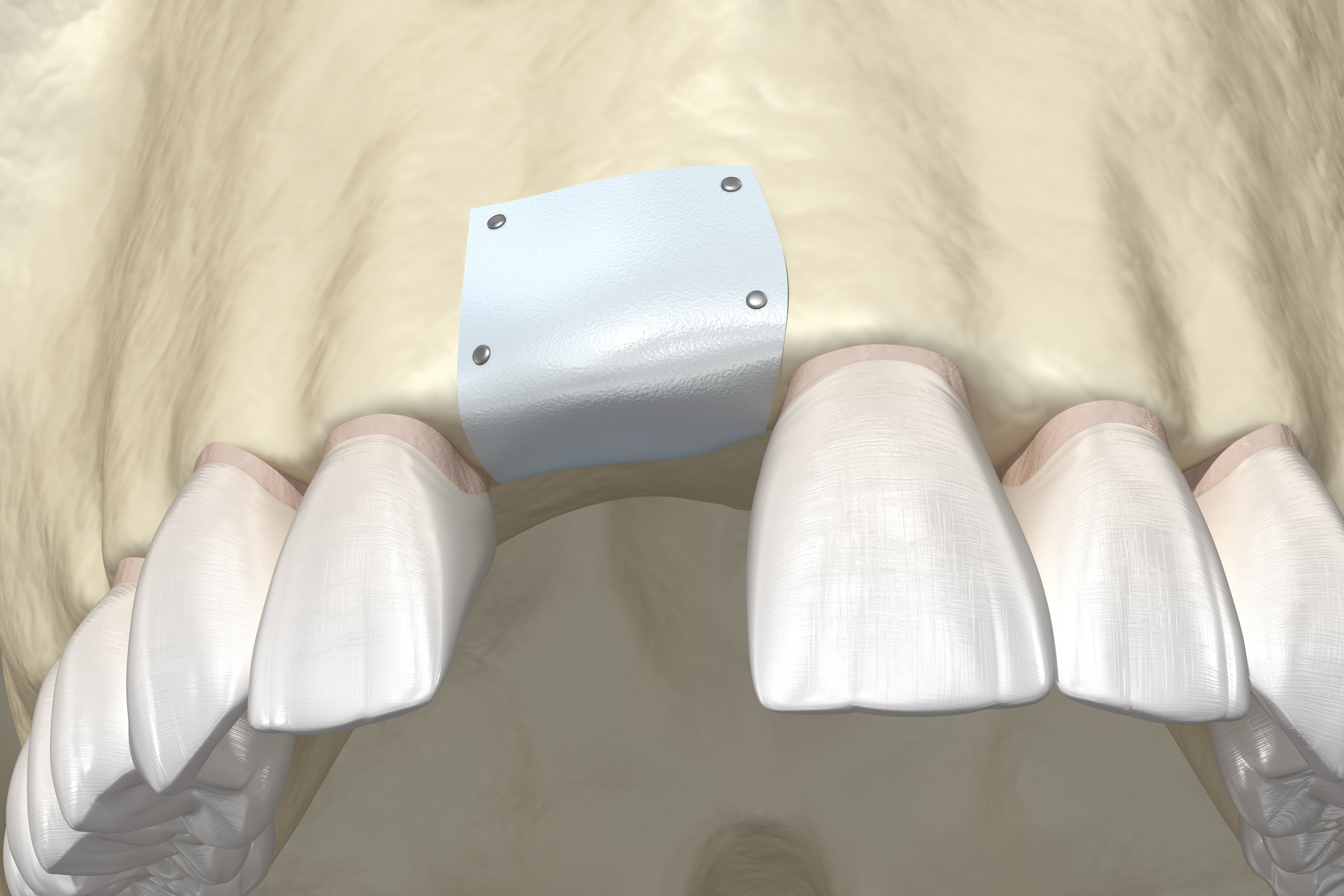
Ridge Augmentation
SINUS AUGMENTATION
What is a Sinus Augmentation?
Sinus augmentation is also known as sinus lift surgery. This procedure becomes necessary when there is insufficient bone to place an implant below the sinus.
In a sinus augmentation surgery, the sinus floor is raised, and the space is packed with bone. This will provide a needed foundation to support a dental implant.
After a Sinus Augmentation Surgery:
Follow the instructions for post-operative care. Download our Sinus Augmentation Post-Operative Guide here.
What Are the Two Types of Sinus Augmentation?
Lateral Window Sinus Augmentation. A “window” is cut into the side of the bone, exposing the sinus. The sinus is then lifted and packed with bone grafting material. This area will heal for 6-8 months before the patient is ready to have implants placed.
Vertical Sinus Augmentation. The sinus is lifted from inside the existing bone for implant placement. Then, the bone grafting material is packed between the sinus floor and the implant's base. This area will need approximately four months of healing before the implant is stable enough to support a final crown.
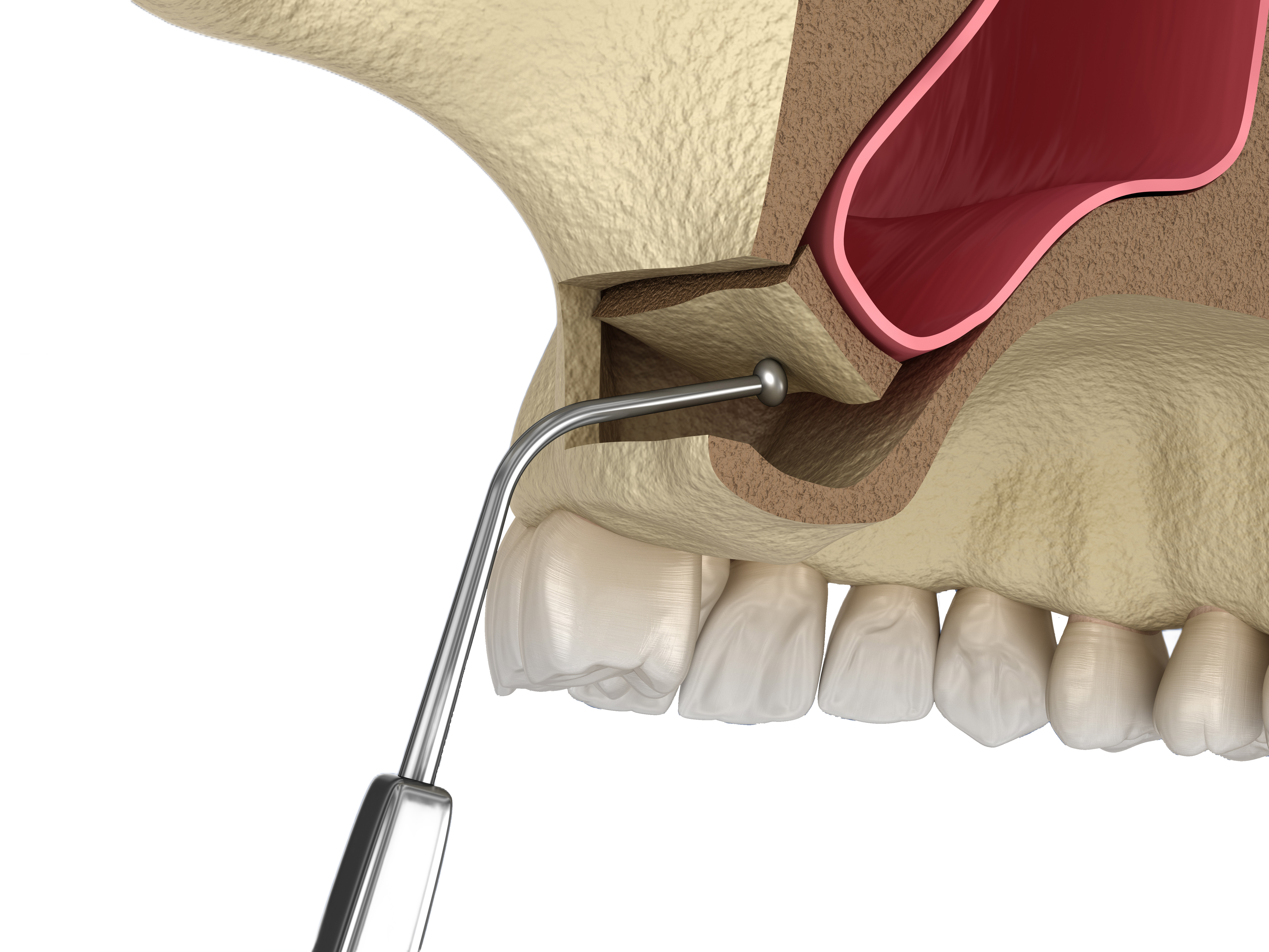
Lateral Window Sinus Augmentation
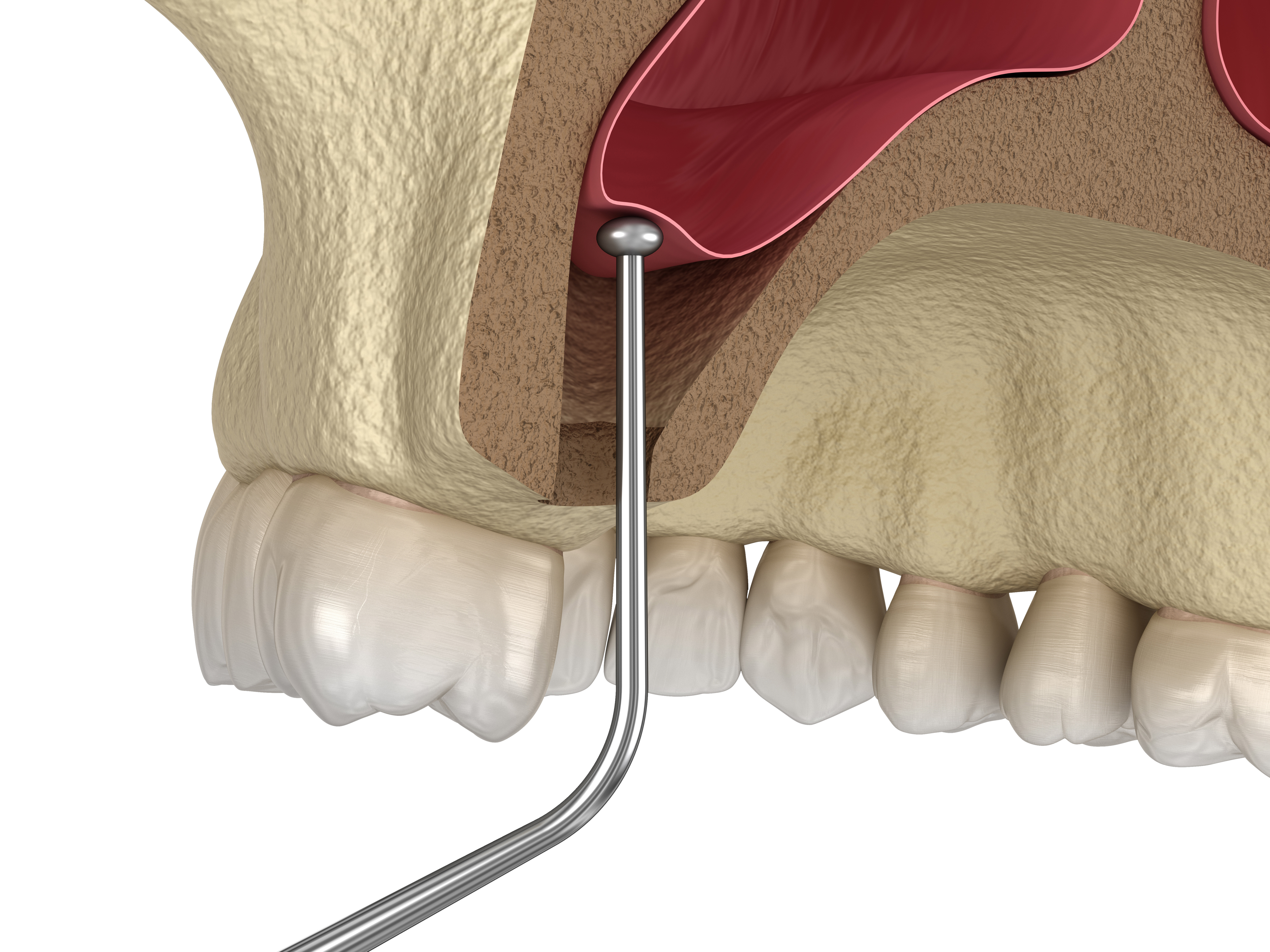
Vertical Sinus Augmentation
Crown Lengthening
What is Crown Lengthening?
The crown is the visible part of the tooth above the gumline. A crown lengthening procedure involves removing gum tissue or bone to expose more of the tooth's structure. Crown lengthening can be performed for both esthetic and functional reasons.
After a Crown Lengthening:
Follow the instructions for post-operative care. Download our Crown Lengthening Post-Operative Guide here.
What Are the Two Types of Crown Lengthening?
Esthetic Crown Lengthening is a procedure that is performed purely for cosmetic purposes. It can improve the appearance of a "gummy smile." A gummy smile occurs when a significant amount of gum tissue can be seen above the teeth when smiling. Esthetic crown lengthening creates a more balanced smile by removing excess gum tissue. Often, no further restorative treatment is necessary after esthetic crown lengthening. Other times, esthetic crown lengthening prepares the teeth for the placement of veneers.
Functional Crown Lengthening is performed to prepare a tooth for a new dental crown or filling. It does this by providing more space between the jaw and crown. The added space prevents the new dental crown from damaging gum tissues and bone when it is put in place. Sometimes, a crown lengthening can be done after a dental crown is placed so that it fits appropriately. The procedure can also be performed to access a decayed or fractured tooth.
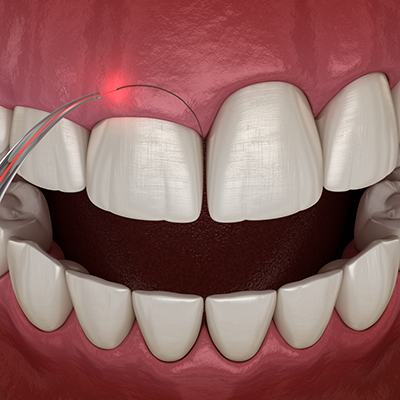
Esthetic Crown Lengthening
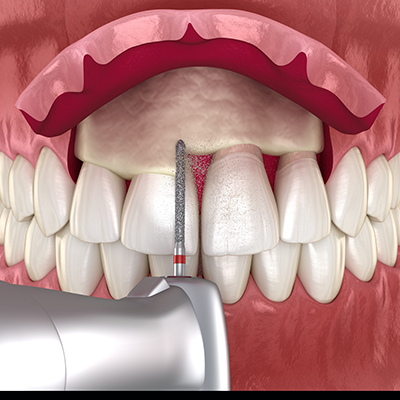
Functional Crown Lengthening
Frenectomy
What is Frenectomy?
A frenectomy is a surgical procedure that treats a tongue-tie or lip-tie by cutting the frenum. A frenum is a small band of tissue that connects two parts of the mouth, such as the tongue to the floor of the mouth or the upper and bottom lip to the gums.
Sometimes, a frenum can be too short or too tight. This can cause problems with oral health. It can also interfere with eating, drinking, and speaking.
What to Expect During a Frenectomy?
The area is numbed with a local anesthetic and the frenum is removed. In many cases, the frenum is removed with a laser. Some frenectomies require stitches, while the majority do not. This procedure usually takes less than 30 minutes.
What Are the Two Types of Frenectomies?
Lingual Frenectomy corrects a tongue-tie. This means the tongue is restricted in its movement by a tight frenum. A frenectomy can improve the tongue’s range of motion. This can help speech and swallowing.
Labial Frenectomy corrects a lip-tie. This means a thick frenum attaches the upper or lower lip too closely to the gums. A labial frenectomy can help close the gaps between teeth and prevent gum recession.
After a Frenectomy:
Follow the instructions for post-operative care. Download our Frenectomy Post-Operative Guide here.
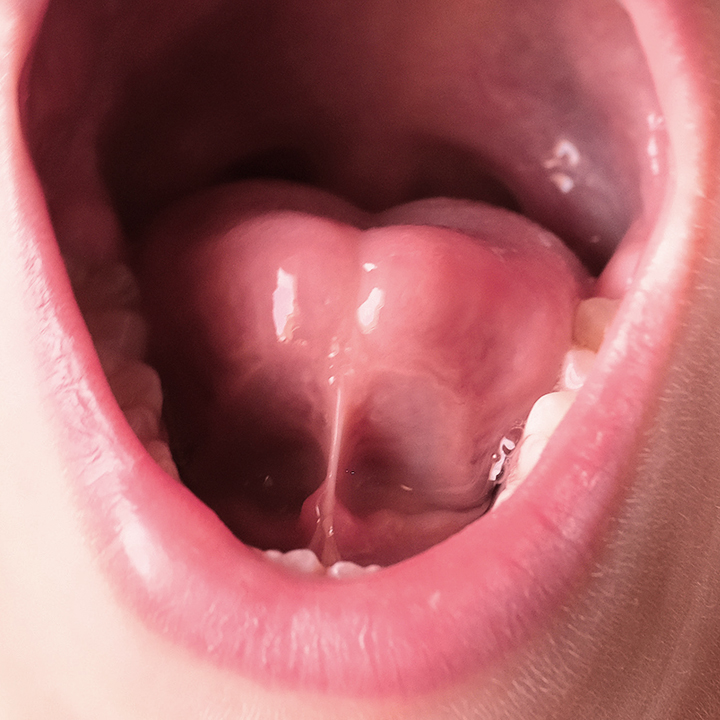
Lingual Frenectomy
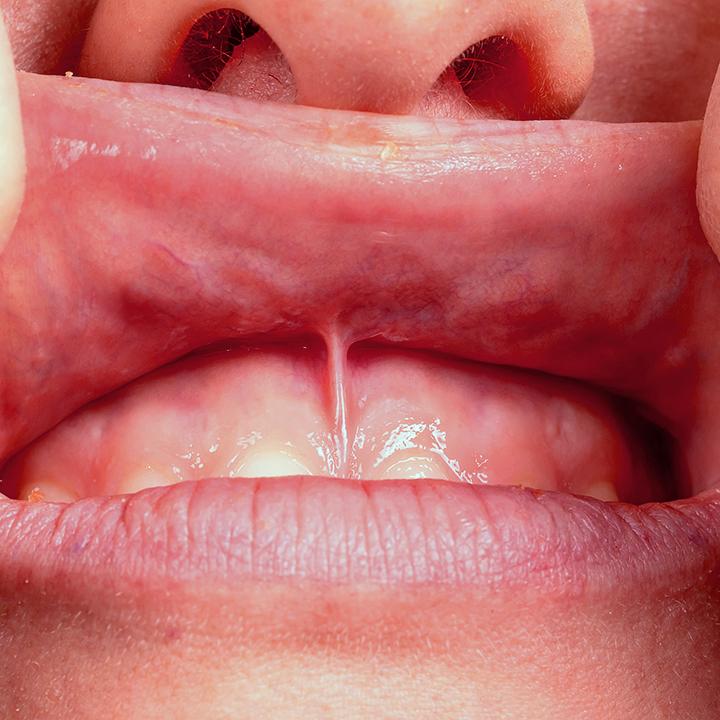
Labial Frenectomy
Biopsy
What is Biopsy?
A biopsy is a safe and routine procedure. It involves removing a small piece of hard or soft tissue from the mouth. The results of the biopsy provides the necessary information for further treatment.
What to Expect With a Biopsy?
A tissue sample is removed from the area of concern during a biopsy. This tissue is sent to a pathology laboratory for analysis. Some biopsies require stitches; many do not. The biopsy results and any follow-up treatment will be reviewed at the post-up appointment.
Do I Need a Biopsy?
Contrary to popular belief, a biopsy does not always mean a patient has cancer. Instead, biopsies are performed to diagnose oral changes a patient or their dental health provider may have noticed. Biopsies results can help determine the best course of treatment.
After a Biopsy:
Follow the instructions for post-operative care. Download our Biopsy Post-Operative Guide here.
Oral Cancer
What is Oral Cancer?
Oral cancer refers to cancerous growths that develop in the tissues of the mouth and throat. Some potential causes include tobacco use, heavy alcohol consumption, and HPV viral infections. Oral cancer is serious, but highly treatable when caught early.
What to Expect With an Oral Cancer Screening
A visual screening of your mouth is included in your yearly dental exam. However, if you notice any suspicious lesions, non-healing ulcers, growths, or color changes in your mouth, they should be biopsied. Getting an early, accurate diagnosis is key to successful oral cancer treatment. We use advanced techniques to carefully evaluate abnormalities, perform biopsies, and expedite diagnosis confirmation from expert pathologists. If cancer is detected, we will coordinate specialty referrals and collaborate on your treatment plan to fight the disease. Catching issues early makes a major difference. Please let us know if you notice any unusual changes in your mouth.
@ Copyright 2024 Pure Perio | All rights reserved
Contact Us
Pure Perio | 1775 Glenview Rd ste 212
Glenview Il 60025 | (847)724-6343
frontdesk@pure-perio.com
Periodontal Therapies & Services
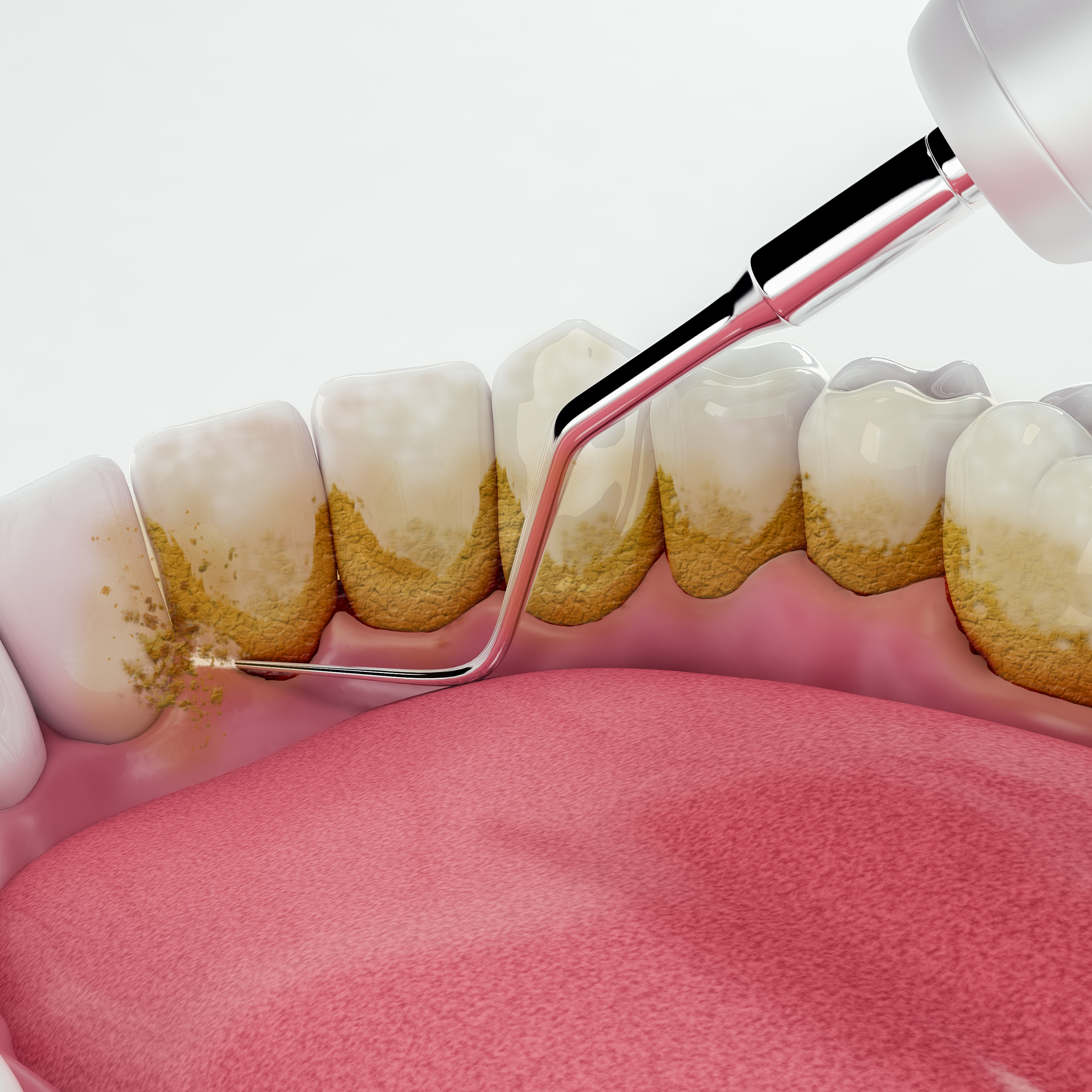
Periodontal Therapy
While there is no cure for periodontal disease, it can be treated surgically and maintained non surgically. Some treatments include scaling and root planing, osseous surgery, and perio-maintenance. Learn more more about our periodontal treatment options.
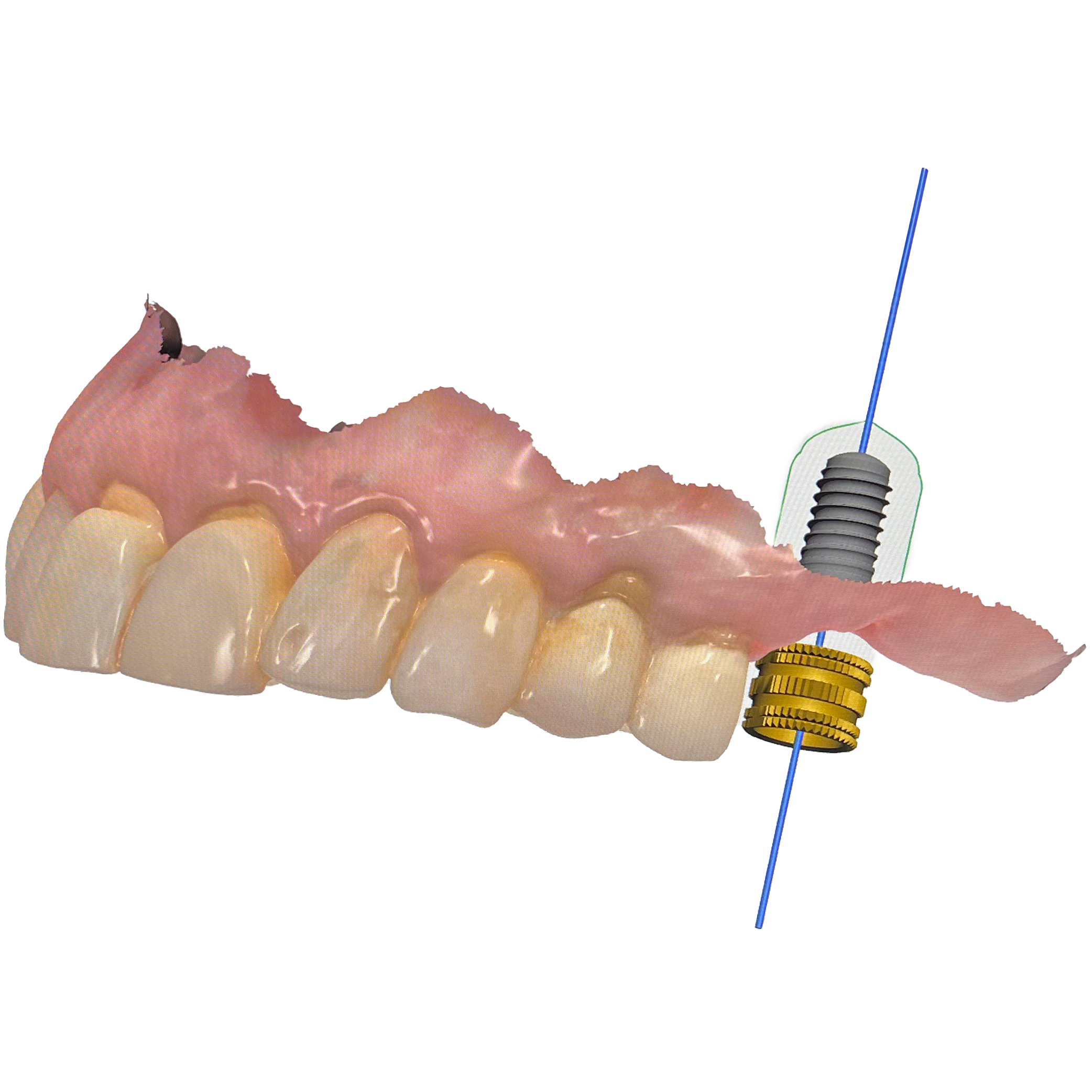
Implant Services
Dental implants replace missing teeth. Implants offer improved appearance, long-lasting teeth, and enhanced comfort over other options. Learn more to see if implants are right for you.
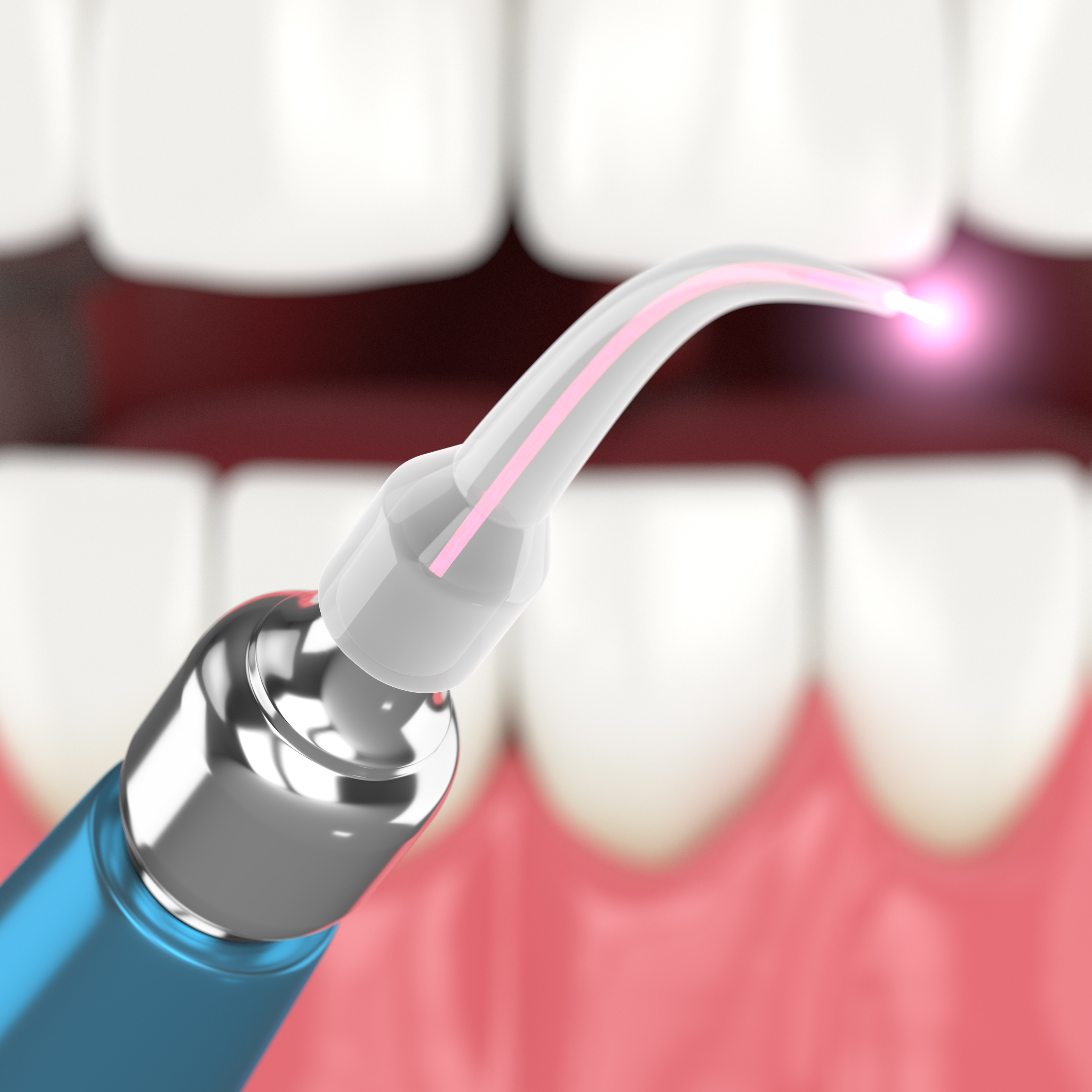
Laser Therapy
Laser therapy provides a no cut no sew alternative to traditional gum surgeries. Lasers can also aid in tissue regeneration. Learn more about laser therapy and the LANAP and LAPIP procedures.
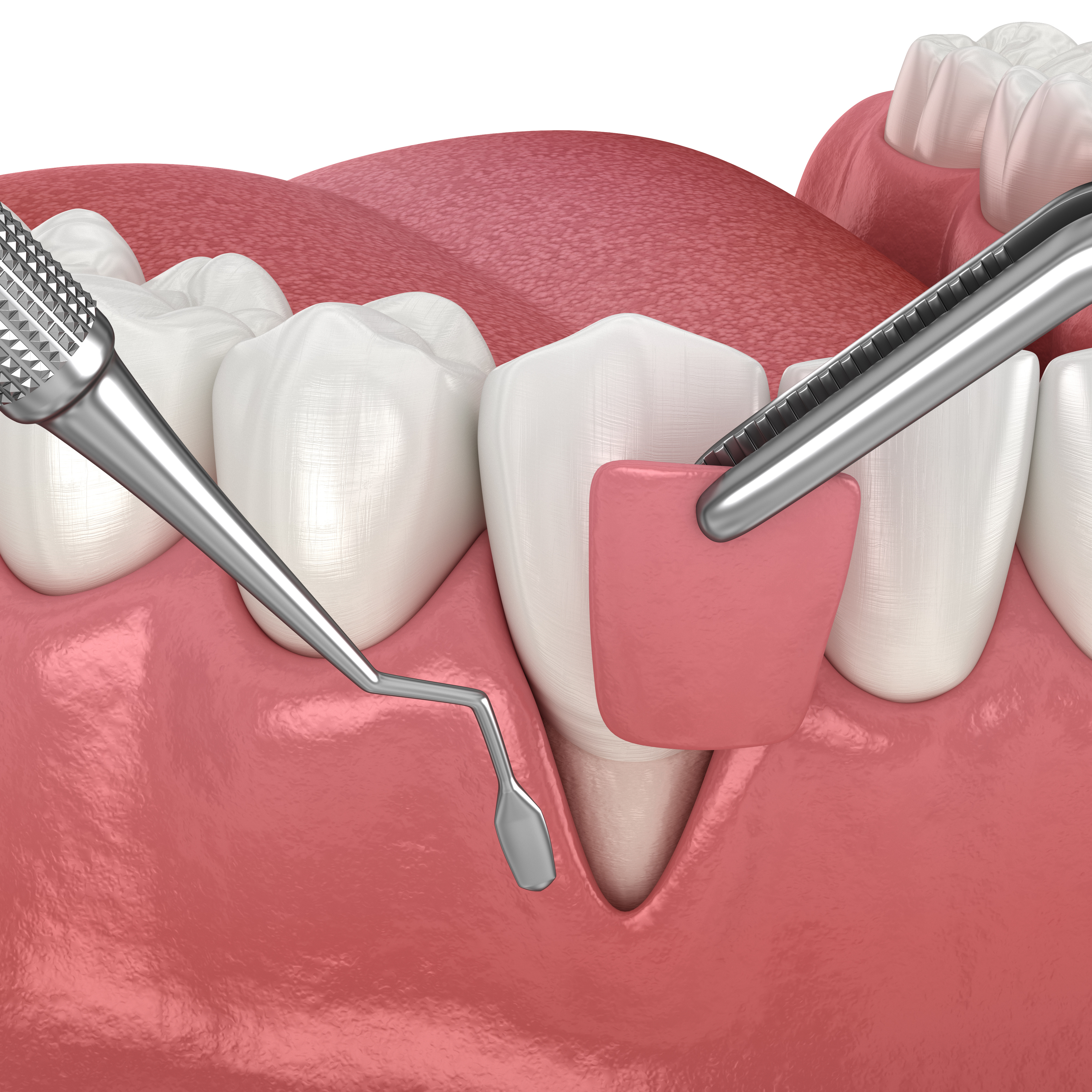
Recession Therapy
Gum recession exposes the roots of teeth and can lead to sensitivity and decay. It also affects the aesthetics of your smile. Gum grafting is a procedure that helps cover exposed roots and regenerate lost gum tissue. Learn more about the surgical techniques used to treat recession.
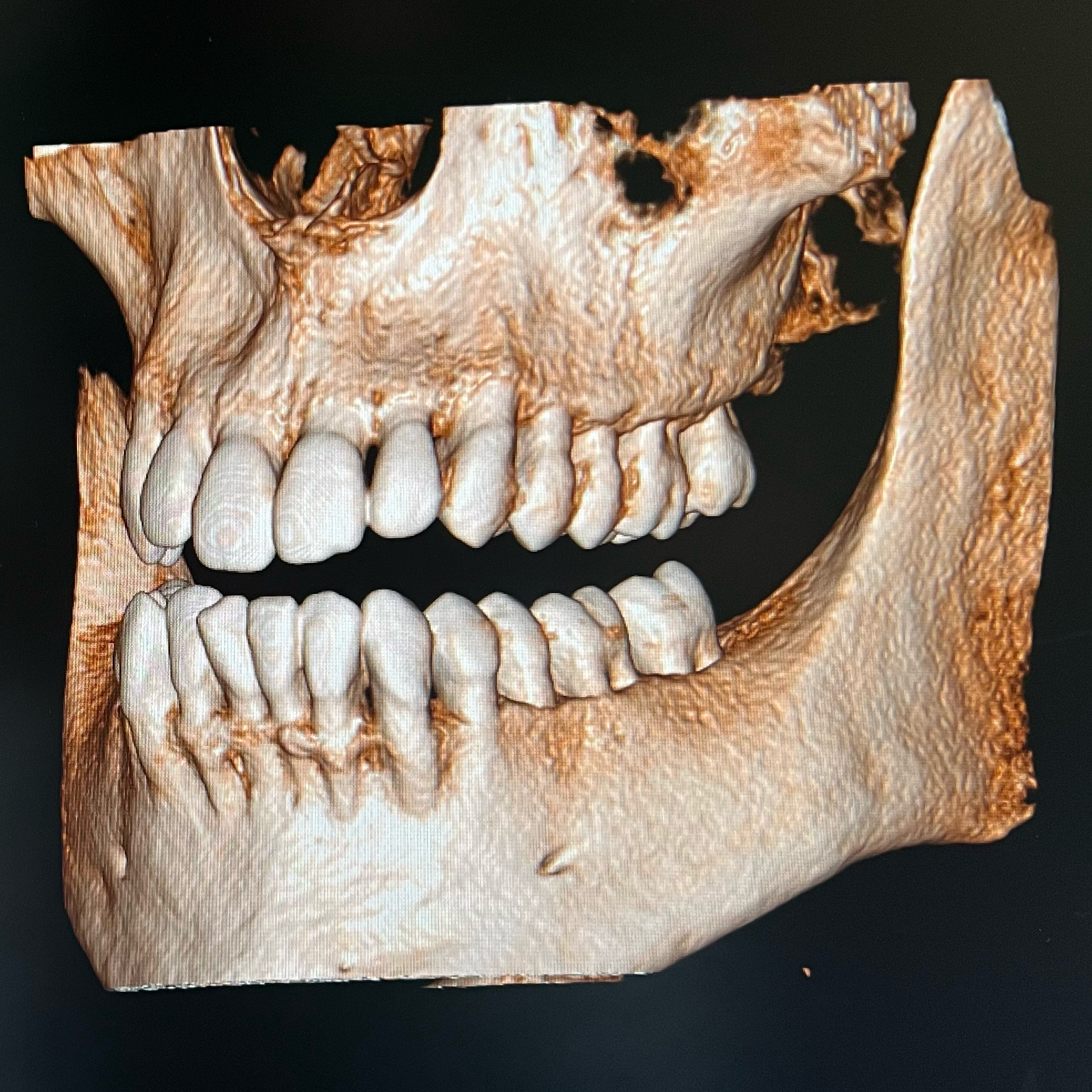
Specialty Services
As a full service periodontal practice, Pure Perio utilizes the latest dental technologies, imaging, and surgical techniques allowing for the best patient care and customized treatments including hard tissue preservation, aesthetics, and regenerative services. Learn more about the specialty services offered.

Post Operative Care
Proper post-operative care is crucial for healing and recovery after oral surgery. Be sure to follow all instructions, and attend post operative appointments. With proper after care procedures, we can ensure smooth and comfortable healing. Learn more about procedure specific instructions.
welcome to the practice
New Patients
Summer ’18
Collection





ENGAGEMENT
How It Works

Chat With An Expert
Lorem ipsum dolor sit amet, consectetur adipiscing elit, sed do eiusmod

Diamond Selection
Lorem ipsum dolor sit amet, consectetur adipiscing elit, sed do eiusmod

Design Your Ring
Lorem ipsum dolor sit amet, consectetur adipiscing elit, sed do eiusmod

NEW
Our Latest Jewelry
20% OFF Entire Wedding Collection
Vivamus suscipit tortor eget felis porttitor volutpat. Praesent sapien massa, convallis a pellentesque nec, egestas non nisi. Curabitur aliquet quam id dui posuere blandit.
Patient Referrals
Let's collaborate for comprehensive patient care. Refer periodontal patients to Pure Perio for advanced diagnostics, precision treatment planning, and the latest regenerative therapies. Our periodontal specialists will seamlessly coordinate to restore optimal gum health and esthetic outcomes.






